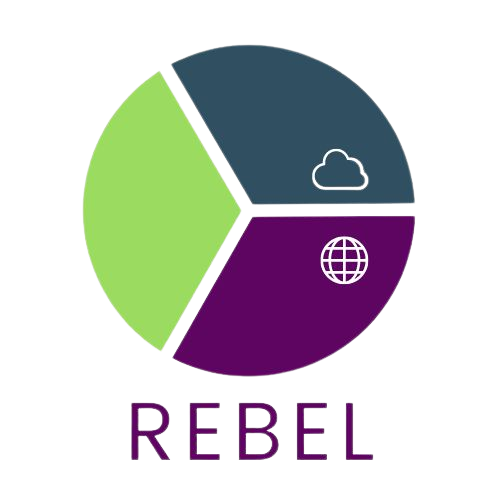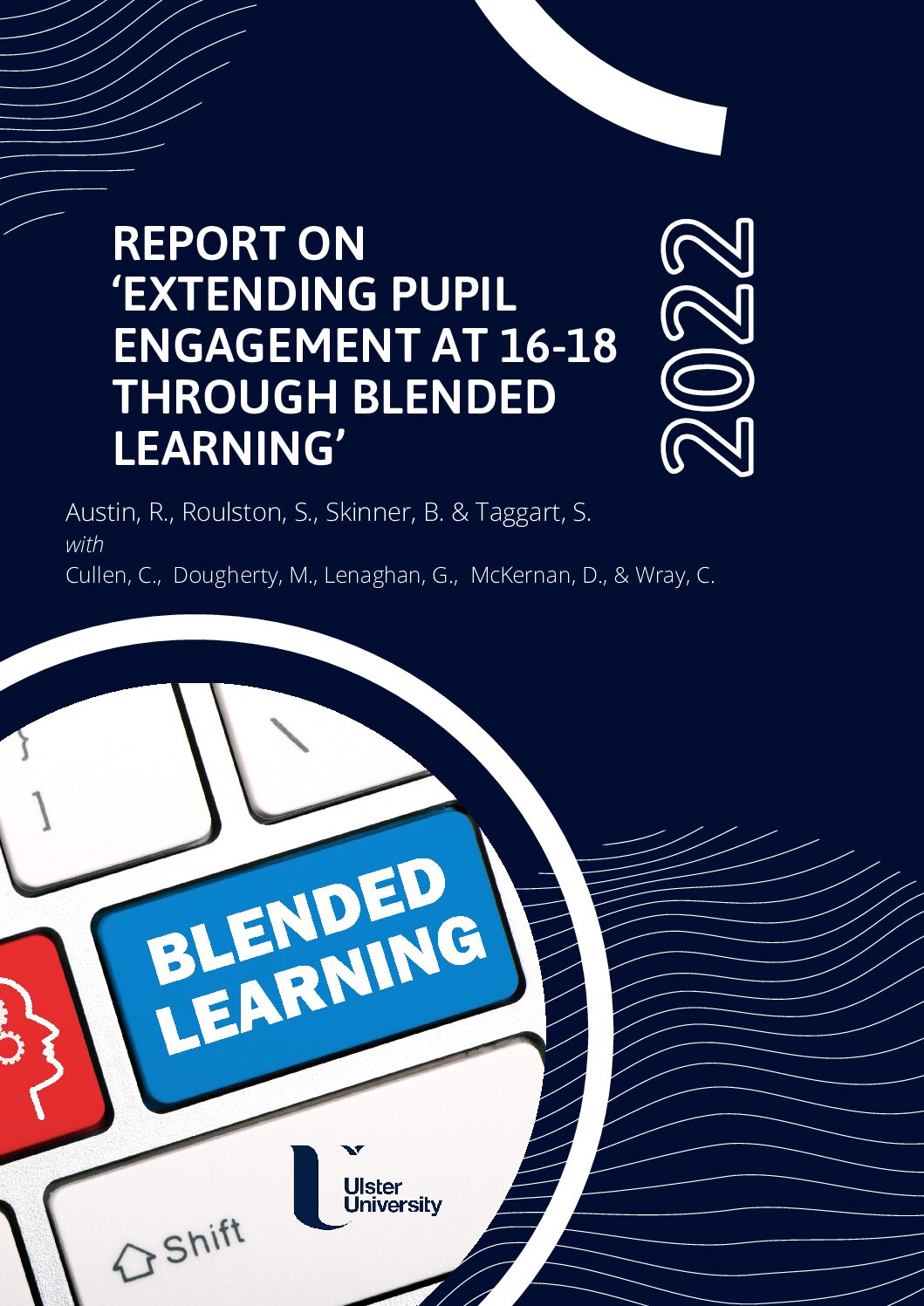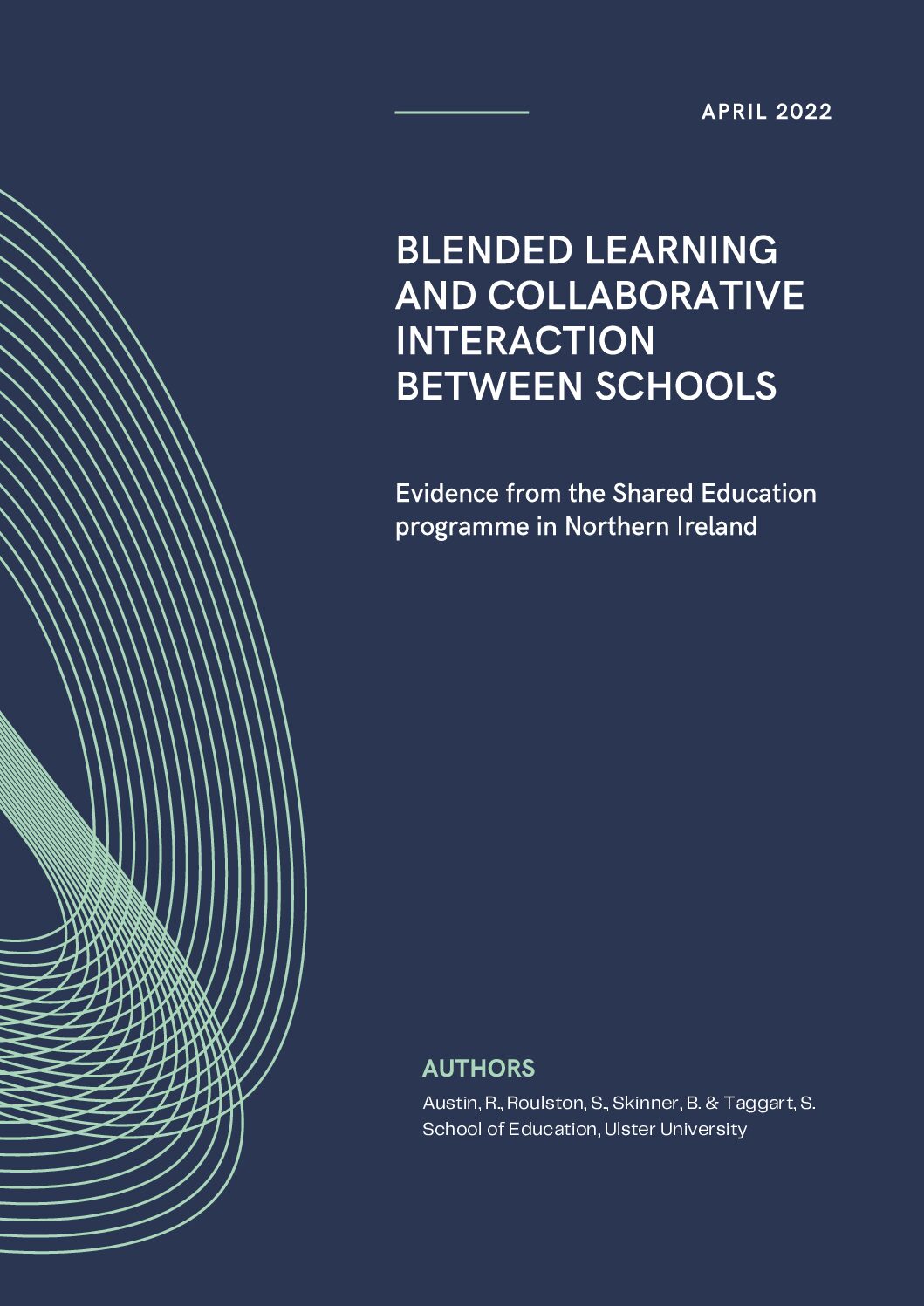O4: Practitioner Training Programme to facilitate Blended Teaching and Learning in Schools
The findings from the case study analysis conducted in the REBEL project’s Output 1 (IO1), which examines the factors that hinder or facilitate the development of blended learning, will play a crucial role in shaping Output 4 (IO4), the practitioner training programme. It is important to note that the outcome of the work in IO1 is not predetermined, as it will be carried out from April to October 2021. However, it is expected that the needs of teachers in implementing high-quality culturally-responsive blended learning will be both specific and comprehensive in nature.
The practitioner training programme will be developed based on a shared framework that aims to provide teachers with a solid understanding of blended learning models and equip them with the skills to plan and design its implementation effectively. This framework will incorporate insights derived from best practices, enabling teachers to develop pedagogical plans that consider the social, cognitive, and teacher presence aspects of blended learning.
Throughout the professional development days, teachers will be encouraged to create a 4-6 week action plan to integrate blended learning into one of their classes. This action plan will serve as a practical guide for implementing blended learning strategies and activities in a real classroom setting. By engaging in this hands-on approach, teachers will have the opportunity to apply their learning and explore the potential of blended learning within their specific teaching contexts.
At the end of the designated time frame, teachers will reconvene to share their experiences and insights with other members of their training cohort. This collaborative sharing session will provide an opportunity for teachers to reflect on the successes, challenges, and lessons learned from their implementation of blended learning. By exchanging ideas and perspectives, teachers can benefit from the collective wisdom of their peers, further enhancing their understanding and refining their approaches to blended teaching and learning.
The practitioner training programme acknowledges the individualised nature of teachers’ needs while also fostering a holistic approach. It recognises that teachers require personalised support to effectively implement culturally-responsive blended learning practices. By offering a common framework as a foundation, the programme ensures consistency and coherence in understanding blended learning models and principles, while allowing teachers the flexibility to tailor their implementation plans according to their specific classroom requirements.
Ultimately, the practitioner training programme aims to empower teachers with the knowledge, skills, and confidence to integrate blended learning seamlessly into their instructional practices. By emphasising collaboration and experiential learning, the programme strives to create a supportive and engaging environment for teachers to explore, experiment, and innovate with blended learning strategies.
Description and Target Groups
The practitioner training will be based on a common model designed to familiarise teachers with the tools they need for blended learning and to draw on insights of good practice to develop sound pedagogical plans which take account of social, cognitive and teacher presence. During the professional development days, teachers will be encouraged to draw up a 4-6 week plan of action in their schools to embed blended learning in one of their classes. At the end of that time, teachers will be brought back together to present insights from their experience to other members of their training cohort. This work will be coordinated by trainers in each country and a selection of reports from schools will be made available on the project website. The practitioner events will involve Dublin City University and PDST/TIE in Ireland; The University of Ulster in Northern Ireland; the University of Cyprus in Cyprus;
VisMedNet in Malta.
Activities:

The professional learning course was expertly crafted with the core tenets of culturally responsive teaching and universal design for learning at its heart. Teachers were provided with a six-week, self-directed training course that presented each module in two dynamic formats, encompassing presentations, podcasts, screencasts, and interactive pdfs. To reinforce their learning, teachers were tasked with accompanying assignments that allowed them to practically apply the concepts they had learned.
To support teachers even further, a comprehensive toolkit was also made available, offering additional resources and support to facilitate their understanding and implementation of blended learning. This ensured that educators were equipped with everything they needed to implement their new skills with confidence and success.
To launch the program, a face-to-face event was held, providing teachers with an overview of the course and a chance to meet the advisors offering ongoing support throughout the program. The first three modules were made available to the teachers at the launch event, with the remaining three released following the first check-in call. Online check-ins were provided to support teachers as they integrated blended learning into their classrooms, ensuring that they were confident and supported at every step of the way.
The course culminated in a shared learning event where teachers came together to showcase how they had implemented blended learning into their teaching practice, and the positive impact it had on their students’ learning. This event provided a platform for teachers to exchange ideas and inspire each other, creating a supportive community of educators committed to excellence and innovation in teaching.


